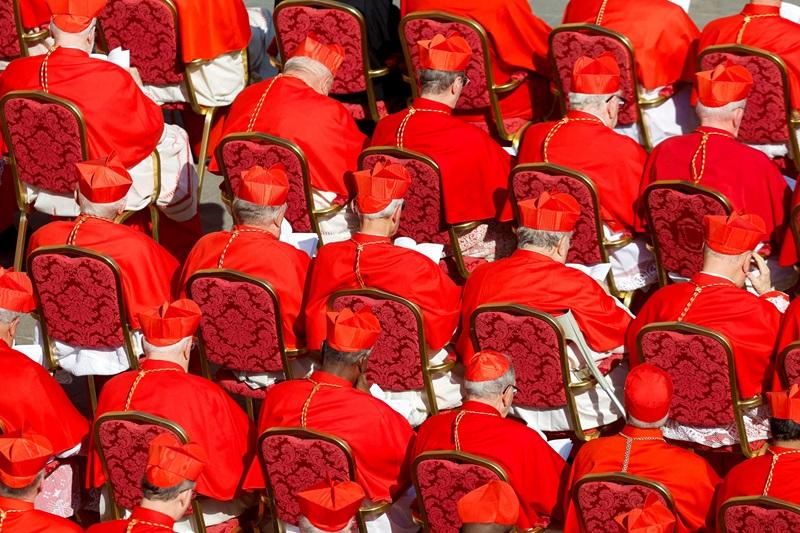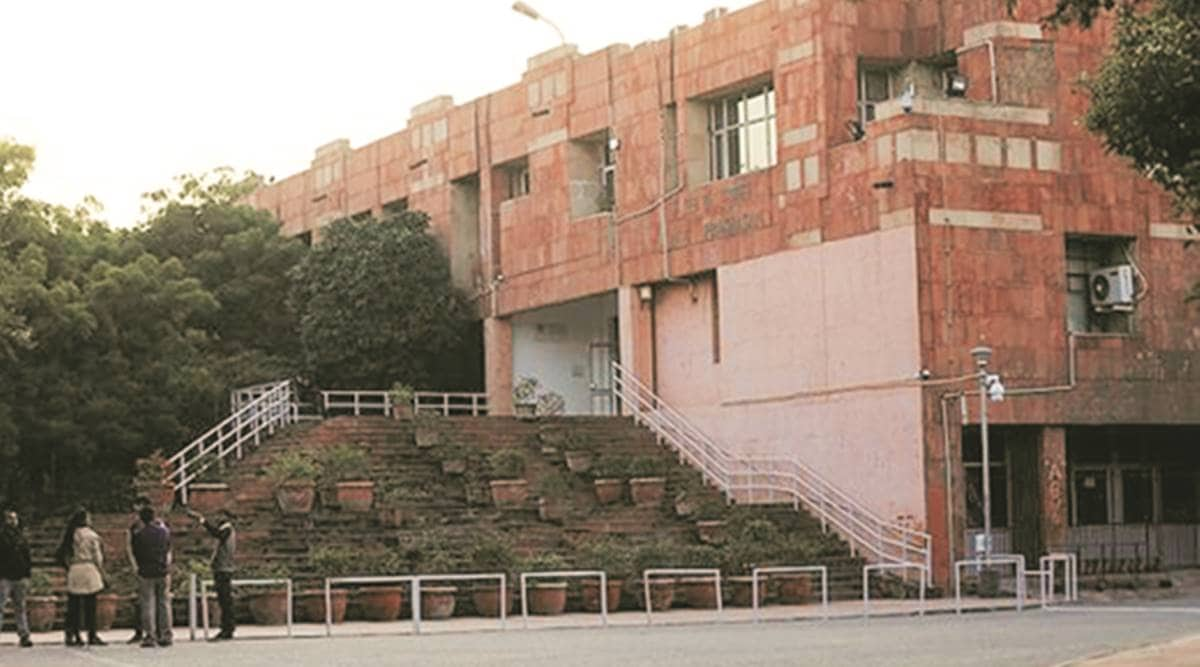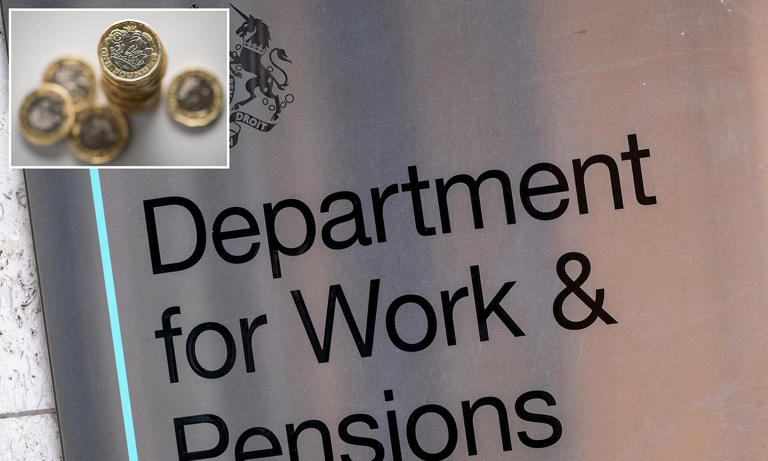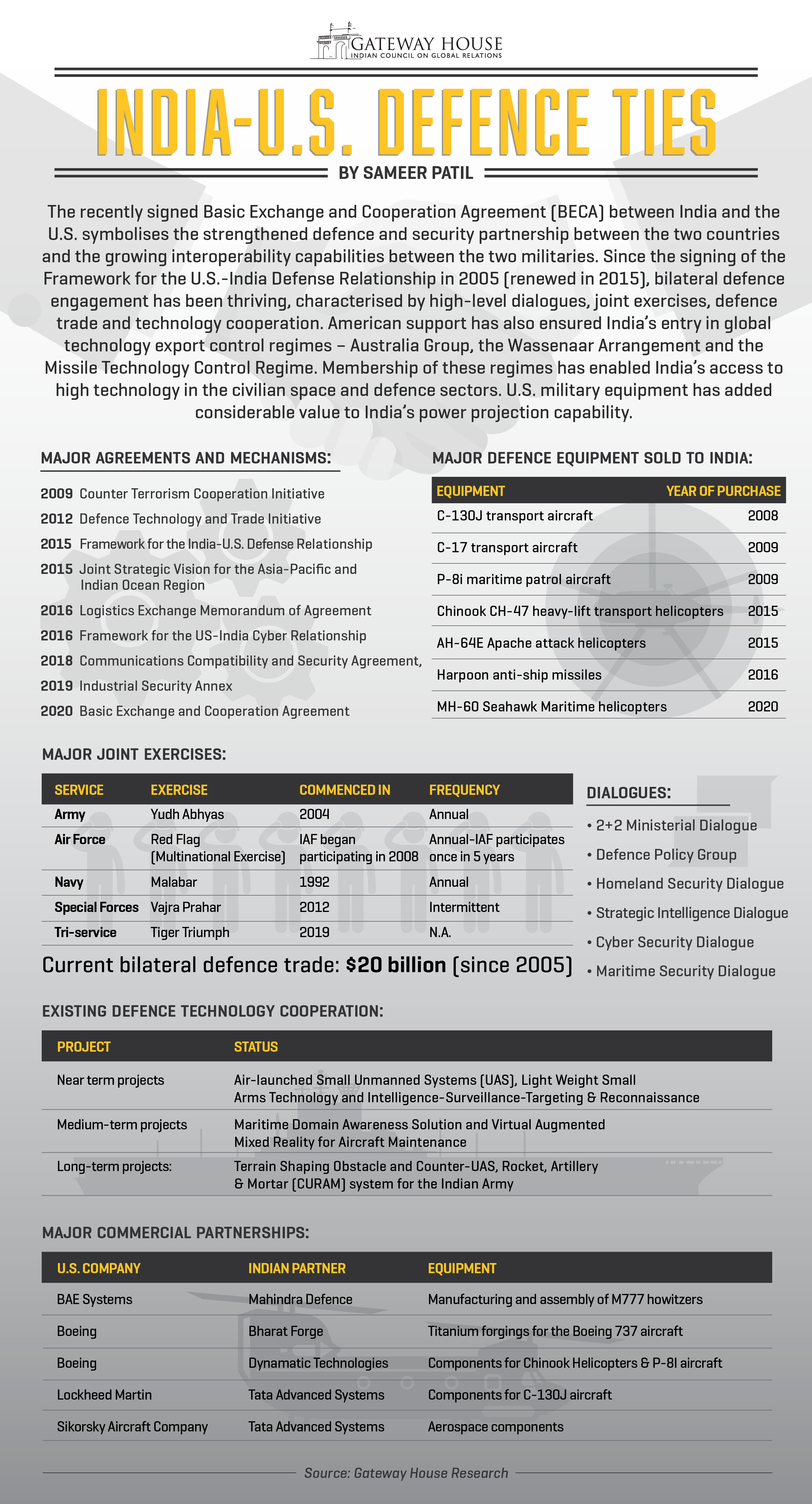Vatican Finances: An Unresolved Crisis Under Pope Francis

Table of Contents
The Complexity of Vatican Finances
Understanding the Vatican's financial woes requires navigating a labyrinthine system. Revenue streams are diverse, ranging from substantial private donations from around the world to investment portfolios and extensive real estate holdings. However, a historical lack of transparency has shrouded the Vatican's financial operations in secrecy, hindering oversight and accountability. This opacity is further compounded by the involvement of numerous entities, each with its own financial structure and responsibilities. Key players include the Secretariat of State, the Administration of the Patrimony of the Apostolic See (APSA), responsible for managing the Holy See's assets, and the Institute for the Works of Religion (IOR), better known as the Vatican Bank, which handles financial transactions for the Holy See and religious orders.
- Difficulty in auditing: The complex, interwoven structures within the Vatican make thorough and independent auditing incredibly challenging.
- Limited public access: Financial statements are not readily available to the public, hindering independent scrutiny and assessment.
- Historical lack of independent oversight: Until relatively recently, the Vatican lacked robust mechanisms for independent financial oversight, allowing for potential mismanagement and irregularities.
Pope Francis's Reform Efforts and Their Limitations
Pope Francis, upon his ascension, recognized the urgent need for financial reform within the Vatican. He initiated several key initiatives aimed at increasing transparency and accountability. This includes the creation of the Council for the Economy, a body designed to oversee the Vatican's finances and provide strategic guidance. Further efforts involved strengthening financial regulations and procedures. Numerous investigations into financial misconduct have also been launched, leading to prosecutions in some cases.
Despite these positive steps, significant challenges remain. Deep-rooted resistance to change within the Vatican bureaucracy has hampered the implementation of reforms. The sheer complexity of the financial system and a lack of readily available expertise in modern financial management have also posed significant hurdles.
- Creation of the Council for the Economy: A positive step toward centralized financial oversight, although its effectiveness remains a subject of ongoing debate.
- Improved financial regulations: While new rules have been introduced, enforcement and compliance remain significant concerns.
- Investigations and prosecutions: While several cases have resulted in prosecutions, many more allegations remain under investigation.
- Ongoing challenges in implementing and enforcing reforms: The inherent difficulties of reforming a centuries-old system embedded in a unique political and religious context are immense.
Key Financial Scandals and Investigations
Several high-profile financial scandals have rocked the Vatican in recent years, significantly damaging its credibility and international image. One particularly damaging case involved a controversial London property investment that resulted in significant financial losses and raised serious questions about transparency and accountability. These scandals have fueled calls for greater transparency and have prompted investigations, some of which are still ongoing.
- Specific examples of financial scandals: The London property investment scandal is just one prominent example; many other smaller-scale incidents have emerged, each contributing to the overall image of financial mismanagement.
- Key figures involved: The investigations have implicated cardinals, prelates, and other high-ranking officials.
- Outcomes of investigations and prosecutions: While some individuals have faced legal consequences, the full extent of the scandals may never be fully uncovered.
- Long-term impact on Vatican reputation: The scandals have undoubtedly damaged the Vatican's reputation and trust amongst the global Catholic community.
The Path Forward: Towards Greater Transparency and Accountability
The future of Vatican finances hinges on a sustained commitment to transparency and accountability. Several key steps are crucial to achieving this goal. These include strengthening independent oversight bodies, empowering external audits, and implementing best practices from international financial organizations. Increased public access to key financial data is also essential to fostering trust and accountability.
- Recommendations for improved financial governance: Implementing internationally recognized standards and best practices is crucial.
- Increased collaboration with international organizations: The Vatican could benefit significantly from cooperation with organizations specializing in anti-money laundering and financial transparency.
- Strengthening independent oversight bodies: Creating truly independent bodies with the power to investigate and hold officials accountable is essential.
- Enhancing the public availability of financial information: Openness and transparency are critical to restoring public confidence.
Conclusion: Addressing the Unresolved Crisis in Vatican Finances
The financial crisis within the Vatican remains an unresolved challenge, despite Pope Francis’s efforts at reform. The complex interplay of historical practices, bureaucratic resistance, and a lack of transparency has hampered progress. Restoring public trust requires a sustained commitment to accountability and a radical shift towards openness. This includes a commitment to international best practices, robust independent audits, and readily available, transparent financial reporting. The long-term implications of this unresolved crisis are significant, potentially impacting the Church's moral authority and its ability to fulfill its global mission. Stay informed about the ongoing efforts to reform Vatican finances and demand greater transparency and accountability from the Holy See.

Featured Posts
-
 Psg Expands Globally New Research Facility Opens In Doha
May 08, 2025
Psg Expands Globally New Research Facility Opens In Doha
May 08, 2025 -
 Dwp Benefit Payment Warning Urgent Bank Account Call Verification
May 08, 2025
Dwp Benefit Payment Warning Urgent Bank Account Call Verification
May 08, 2025 -
 China Eases Monetary Policy Amidst Trade Tensions Lower Rates And Increased Lending
May 08, 2025
China Eases Monetary Policy Amidst Trade Tensions Lower Rates And Increased Lending
May 08, 2025 -
 Is Jayson Tatum Out Tonight Celtics Nets Injury News
May 08, 2025
Is Jayson Tatum Out Tonight Celtics Nets Injury News
May 08, 2025 -
 David Dodge Advocates For Productivity As Carneys Top Priority
May 08, 2025
David Dodge Advocates For Productivity As Carneys Top Priority
May 08, 2025
Latest Posts
-
 Upcoming India Us Trade Talks A Focus On Key Areas Of Negotiation
May 09, 2025
Upcoming India Us Trade Talks A Focus On Key Areas Of Negotiation
May 09, 2025 -
 India And Us To Discuss Bilateral Trade Agreement What To Expect
May 09, 2025
India And Us To Discuss Bilateral Trade Agreement What To Expect
May 09, 2025 -
 India Us Bilateral Trade Talks Key Issues And Expected Outcomes
May 09, 2025
India Us Bilateral Trade Talks Key Issues And Expected Outcomes
May 09, 2025 -
 The High Cost Of Childcare One Mans 7 600 Experience
May 09, 2025
The High Cost Of Childcare One Mans 7 600 Experience
May 09, 2025 -
 Giai Phap Bao Ve Tre Em Khoi Bao Hanh Sau Vu Viec O Tien Giang
May 09, 2025
Giai Phap Bao Ve Tre Em Khoi Bao Hanh Sau Vu Viec O Tien Giang
May 09, 2025
